Delta sleep-inducing peptide, abbreviated DSIP, was first discovered in 1974 by the Swiss Schoenenberger-Monnier group who isolated it from the cerebral venous blood of rabbits in an induced state of sleep. It was primarily believed to be involved in sleep regulation due to its apparent ability to induce slow-wave sleep.
Decreases basal corticotropin level and blocks its release.
Stimulates release of luteinizing hormone.
Stimulates release of somatoliberin and somatotrophin secretion and inhibits somatostatin secretion.
Roles in physiological processes:
Can act as a stress limiting factor.
May have a direct or indirect effect on body temperature and alleviating hypothermia.
Can normalize blood pressure and myocardial contraction.
It has been shown to enhance the efficiency of oxidative phosphorylation in rat mitochondria in vitro, suggesting it may have antioxidant effects.
There is also conflicting evidence as to its involvement in sleep patterns. Some studies suggest a link between DSIP and slow-wave sleep (SWS) promotion. It has been found to have anticarcinogenic properties. In a study on mice, injecting a preparation of DSIP over the mices lifetime decreased total spontaneous tumor incidence 2.6-fold. The same study found it to also have geroprotective effects: it slowed down the age-related switching-off of oestrous function; it decreased by 22.6% the frequency of chromosome aberrations in bone marrow cells and it increased by 24.1% maximum life span in comparison with the control group.
Levels of DSIP may be significant in patients diagnosed with major depressive disorder (MDD). In several studies, levels of DSIP in the plasma and cerebrospinal fluid are significantly deviated from the norm in patients with MDD, though there are contradictions as to whether levels are higher or lower than healthy control patients.
Studies have shown that administration of DSIP can alleviate narcolepsy and normalize disturbed sleeping patterns.

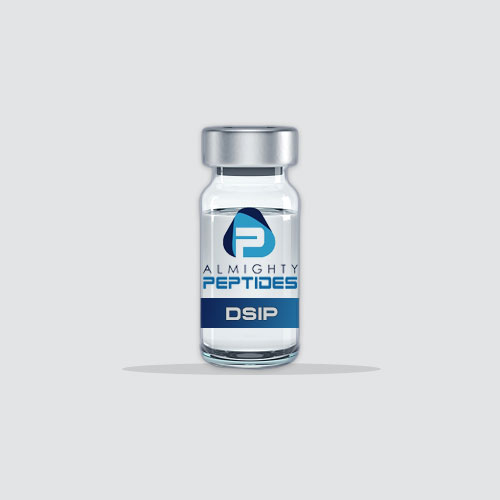
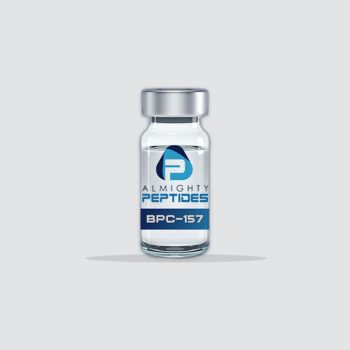
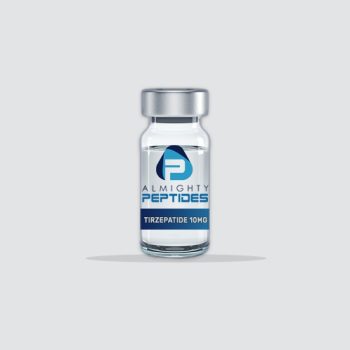
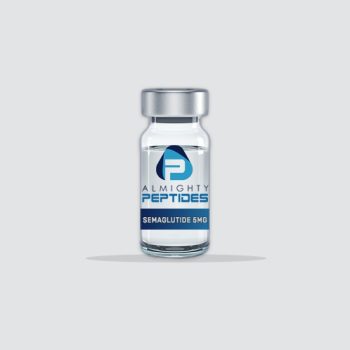
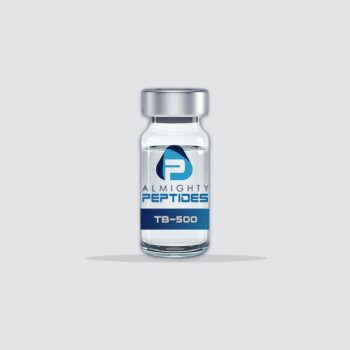

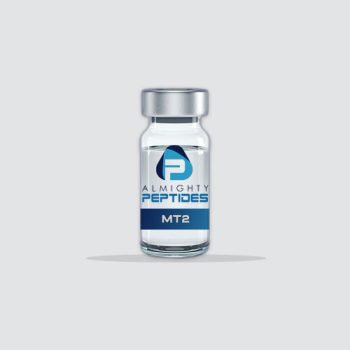
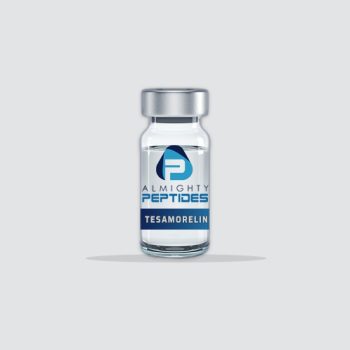
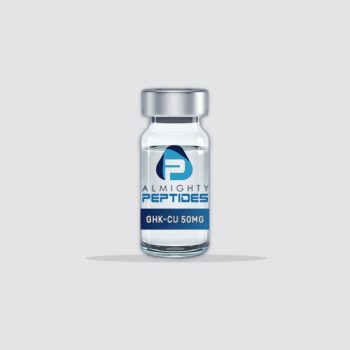
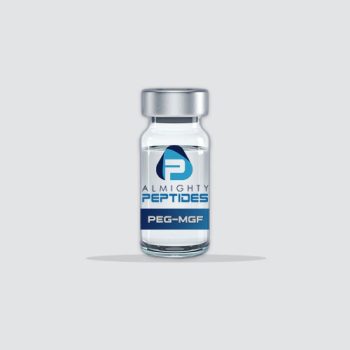
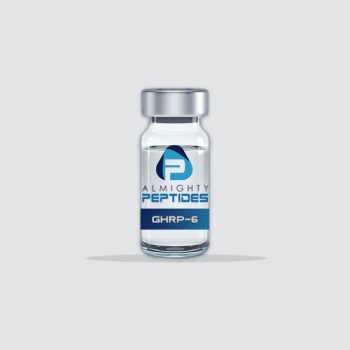

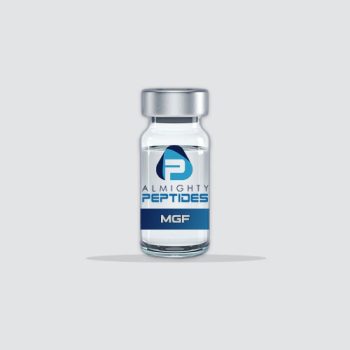


Reviews
There are no reviews yet.